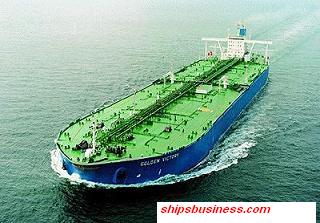
Tanker operation : Restriction of carriage and discharging of oil and water ballast
Onboard an oil tanker during cargo operations requires some careful consideration for ballast water taking in or out. The provision of MARPOL 73/78, ANNEX I implies restriction of Loading Water Ballast into any cargo tanks. Dedicated ballast tanks, therefore, strictly maintained for ballasting operation. However, the annex I explained ballast might only be carried in cargo oil tanks or fuel oil tanks if necessary in order to prevent severe structural damage (e.g., Heavy weather), or to prevent human casualties or loss of human life.


